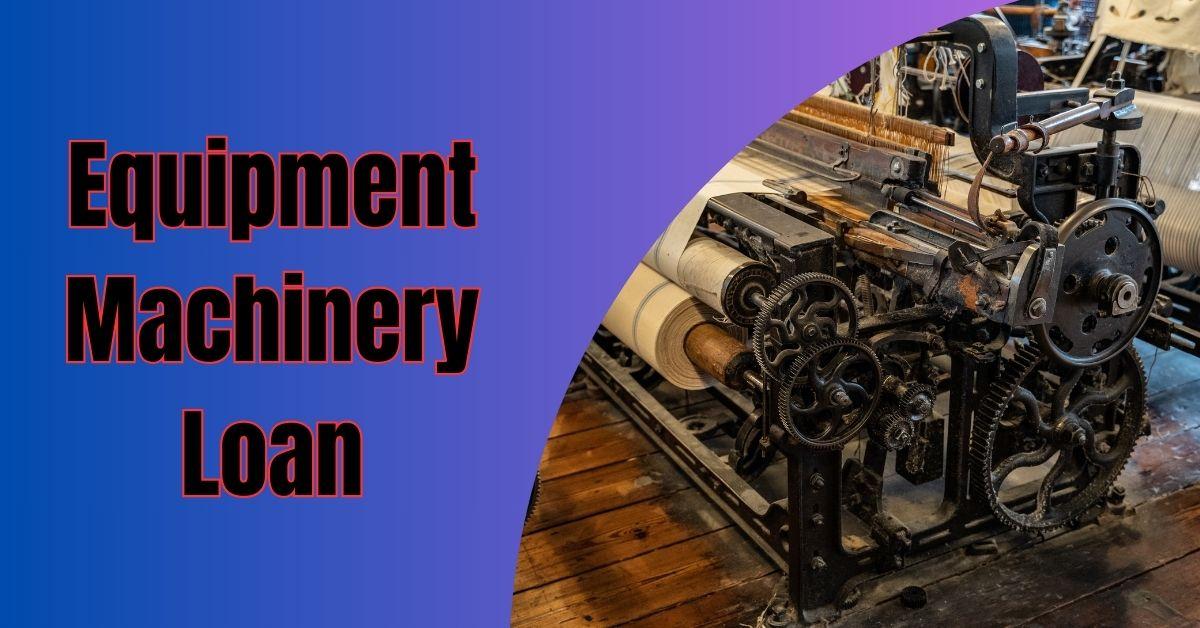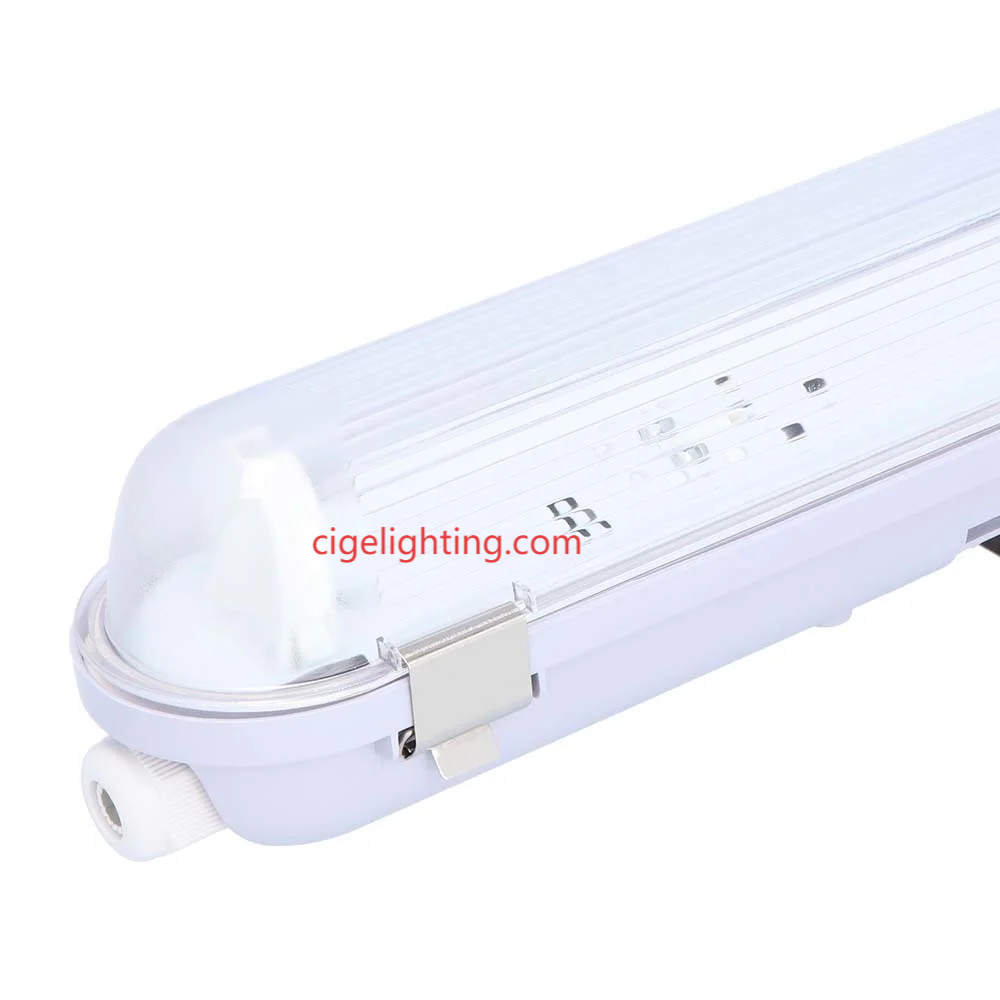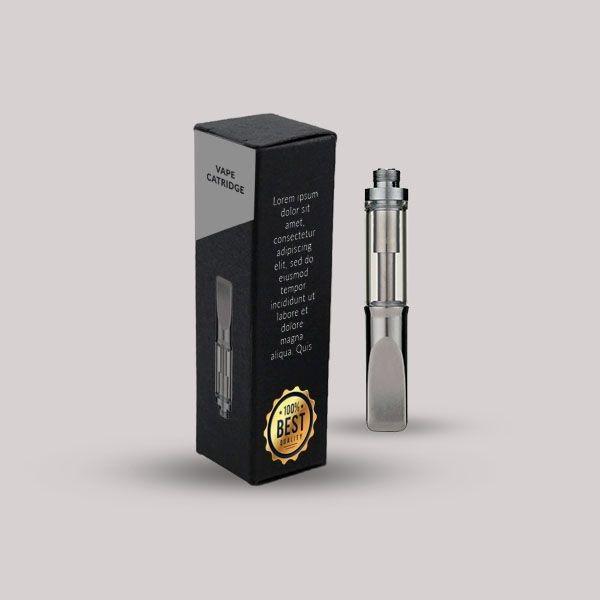Business Equipment Loan vs Lease: Which One Is Better?

Every growing business needs the right tools—whether it's manufacturing machinery, IT hardware, medical devices, or commercial vehicles. But acquiring business equipment often comes with a significant cost, especially for startups and small businesses working with limited capital. That’s where two popular financing options come in: business equipment loans and equipment leasing.
While both options help you access necessary equipment without paying the full amount upfront, they differ in terms of ownership, costs, tax benefits, and flexibility. So which one is better for your business? Let’s dive into a detailed comparison to help you make an informed decision.
What Is a Business Equipment Loan?
A business equipment loan is a type of financing where a lender provides funds to help you purchase equipment. The equipment itself usually acts as collateral, and you repay the loan over a fixed period with interest.
Once the loan is fully repaid, you own the equipment outright.
Key Features:
-
Ownership at the end of the loan term
-
Fixed monthly repayments
-
Ideal for long-term use
-
May require a down payment (typically 10–20%)
What Is an Equipment Lease?
Leasing equipment means you’re essentially renting it from a leasing company for a specific period. You make regular payments (usually monthly), but you don’t own the equipment unless there's a purchase option at the end of the lease.
Leases can be:
-
Operating leases – Short-term, often without ownership option
-
Finance leases – Long-term, with potential to buy at a reduced price after the term
Loan vs Lease: A Side-by-Side Comparison
Let’s compare both options across the factors that matter most to businesses:
1. Ownership
-
Loan: You gain ownership after completing repayments. This is ideal if the equipment has long-term use or resale value.
-
Lease: You don’t own the asset unless you opt to buy it at the end, usually for a residual value.
✔ Best for Ownership: Business Equipment Loan
2. Upfront Costs
-
Loan: Typically requires a down payment, which can tie up working capital.
-
Lease: Usually involves little to no upfront cost, making it easier for startups and cash-strapped businesses.
✔ Best for Low Initial Cost: Equipment Lease
3. Monthly Payments
-
Loan: Monthly payments may be higher due to the inclusion of both principal and interest.
-
Lease: Payments are often lower, especially in an operating lease, since you’re paying only for the use of the equipment.
✔ Best for Lower Payments: Equipment Lease
4. Maintenance Responsibility
-
Loan: Since you own the equipment, you're responsible for all maintenance and repair costs.
-
Lease: Depending on the agreement, the lessor may handle maintenance, or include it in the leasing terms.
✔ Best for Included Maintenance: Equipment Lease
5. Tax Benefits
-
Loan: You can claim depreciation on the equipment and interest paid on the loan.
-
Lease: Lease payments are usually fully deductible as business expenses.
✔ Best for Simpler Tax Deductions: Equipment Lease
6. Flexibility
-
Loan: Less flexible—once purchased, the equipment is yours, even if your needs change.
-
Lease: More flexible—you can upgrade, replace, or return equipment as needed, especially with shorter-term leases.
✔ Best for Fast-Changing Needs: Equipment Lease
When to Choose a Business Equipment Loan
A business equipment loan makes sense when:
-
The equipment has a long useful life (e.g., industrial machinery)
-
You want to build equity in your assets
-
You have capital for a down payment
-
You prefer full ownership and control
This option is great for businesses looking to make a long-term investment and avoid recurring rental payments.
When to Choose Equipment Leasing
Leasing may be the better option when:
-
You need the latest technology or frequent upgrades (e.g., computers, vehicles)
-
You want to conserve working capital
-
You don’t want to deal with resale or obsolescence
-
You prefer predictable monthly expenses with minimal maintenance responsibilities
Startups and businesses with short-term projects often benefit more from leasing.
In Conclusion: Which One Is Better?
There’s no one-size-fits-all answer. The right choice between a business equipment loan and a lease depends on your financial situation, business goals, and the nature of the equipment.
If long-term ownership, asset building, and tax depreciation matter most, a loan is likely the better choice.
If flexibility, lower initial costs, and easy upgrades are priorities, then leasing may suit your business better.
Evaluate your cash flow, tax position, and equipment usage needs carefully—and when in doubt, consult a financial advisor or accountant before making a commitment.








